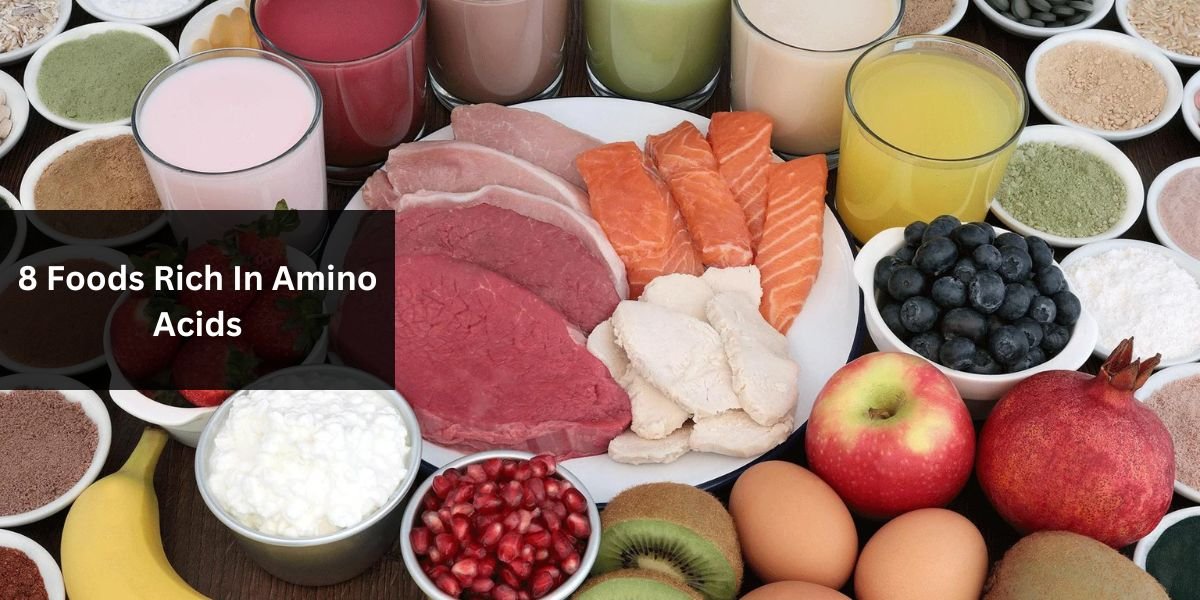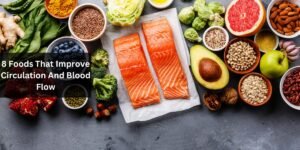Amino acids are the building blocks of proteins and play a crucial role in various bodily functions. These compounds are essential for repairing tissues, supporting immune function, and maintaining overall health. While our bodies produce some amino acids naturally, there are others termed as ‘essential’ that must be obtained through diet. Let’s explore eight foods packed with these vital nutrients.
Understanding Amino Acids
Before diving into the foods rich in amino acids, let’s grasp the significance of these compounds. Amino acids are categorized into three groups: essential, non-essential, and conditional. Essential amino acids cannot be synthesized by the body, necessitating their intake through food sources.
1. Quinoa: A Complete Protein Source
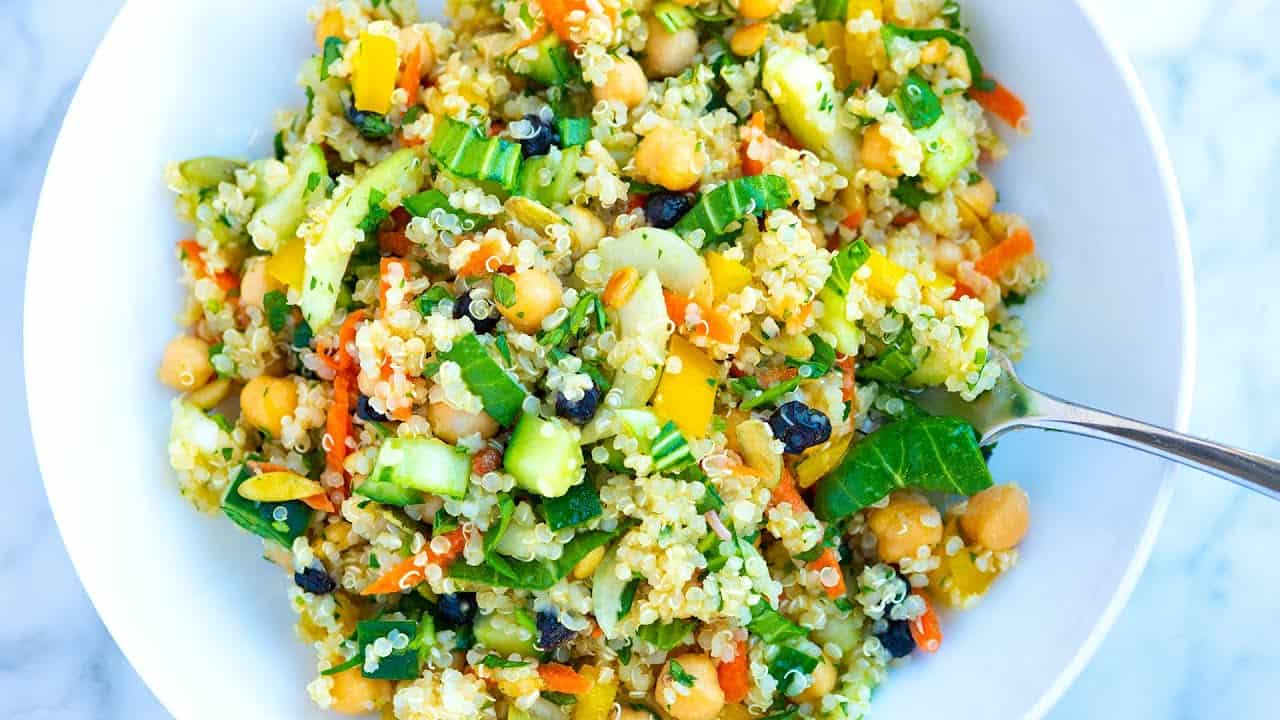
Quinoa, hailed as a superfood, is a complete protein containing all nine essential amino acids. This ancient grain is versatile and serves as a hearty base for various dishes, making it an ideal choice for individuals seeking a plant-based protein source.
2. Eggs: Nature’s Nutrient Powerhouse

Eggs are an exemplary source of protein, supplying all essential amino acids required for muscle repair and growth. The yolks, often overlooked, contain crucial amino acids like leucine, promoting muscle recovery after workouts.
3. Chickpeas: Versatile and Protein-Packed
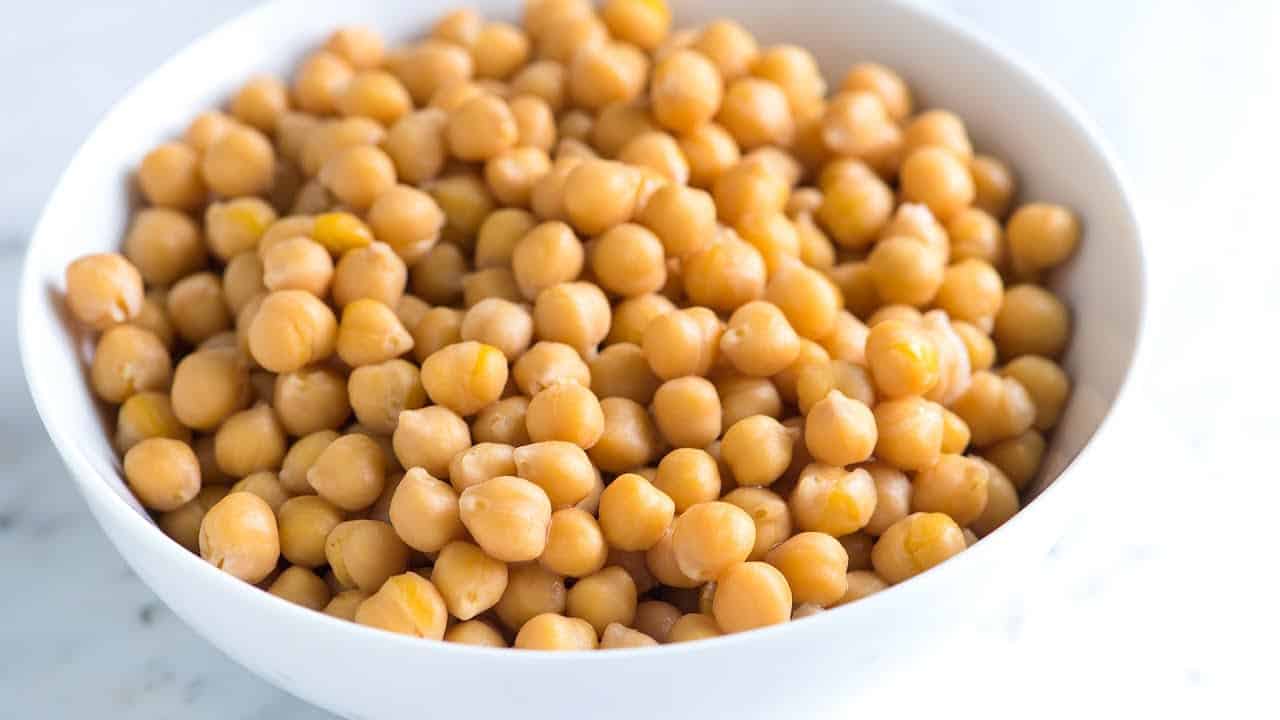
Chickpeas, a staple in many cuisines, are not only rich in fiber but also boast an impressive amino acid profile. These legumes contain ample amounts of lysine, an essential amino acid contributing to collagen production and calcium absorption.
4. Salmon: Omega-3 Rich Protein
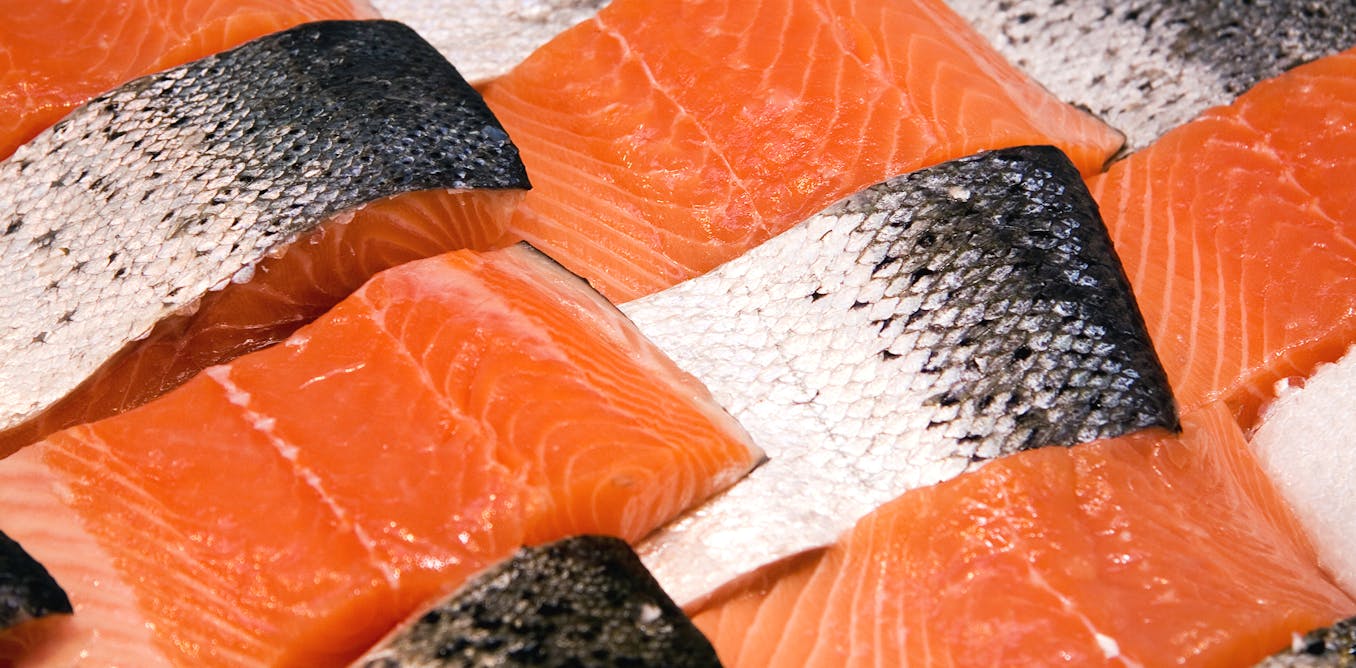
Salmon, a fatty fish, not only provides high-quality protein but also delivers essential amino acids along with omega-3 fatty acids. These nutrients contribute to heart health, brain function, and reduced inflammation.
5. Greek Yogurt: Protein-Packed Snack
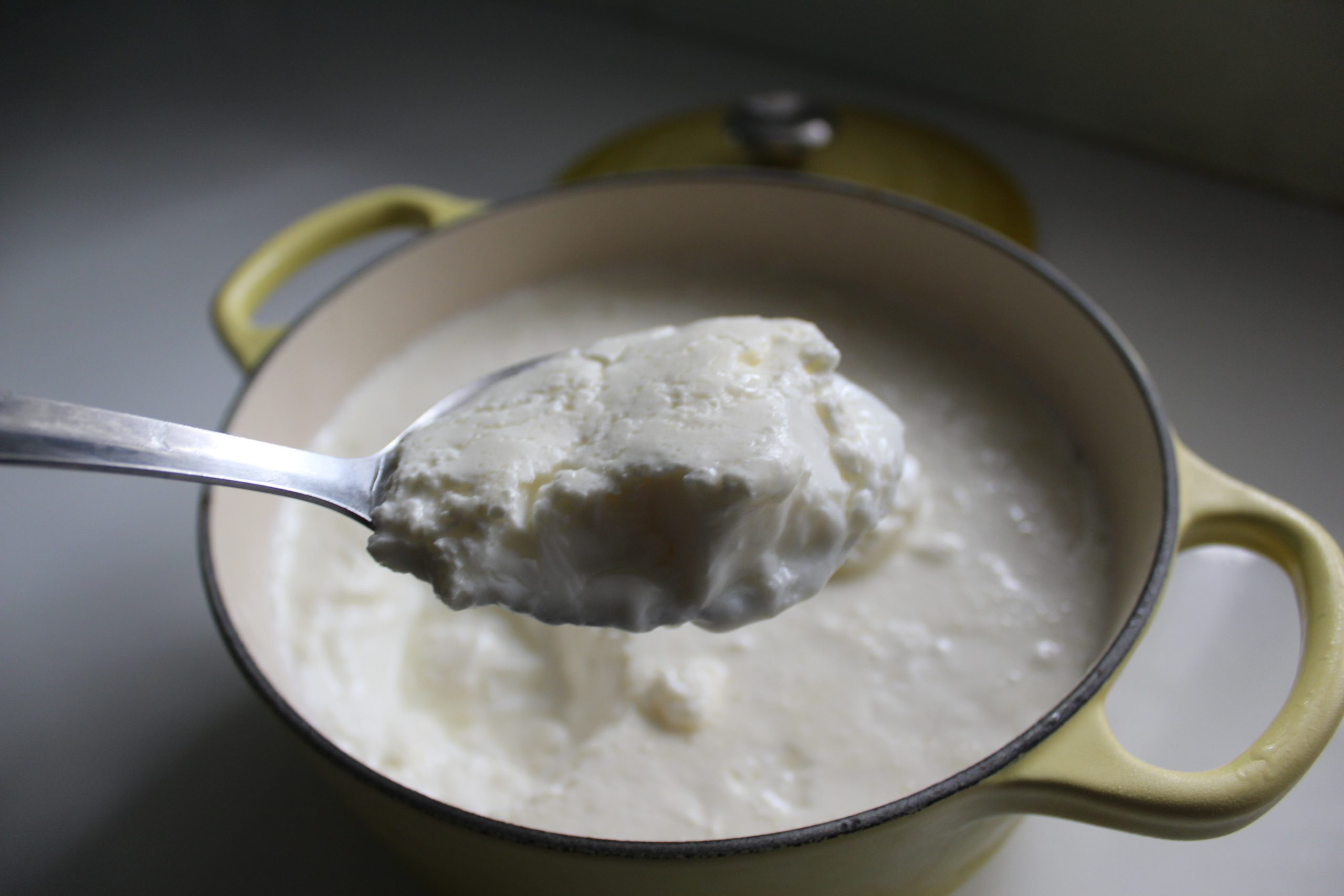
Greek yogurt is a protein powerhouse, offering an array of amino acids crucial for muscle repair and supporting a healthy immune system. It’s a convenient snack choice that can be easily paired with fruits or nuts.
6. Spirulina: Nutrient-Dense Superfood

Spirulina, a blue-green algae, is renowned for its rich amino acid content. It serves as a complete protein source and is also packed with antioxidants, making it a popular choice among health enthusiasts.
7. Turkey: Lean Protein Source
:max_bytes(150000):strip_icc()/ALR-166160-juicy-thanksgiving-turkey-VAT-4958-4x3-e9fdc719770d4661b5d831f958e6eb78.jpg)
Turkey, a lean meat, is a fantastic source of tryptophan, an amino acid known for its role in serotonin production, aiding in mood regulation and promoting better sleep.
8. Tofu: Plant-Based Protein Alternative

Tofu, derived from soybeans, is a versatile plant-based protein rich in essential amino acids. It serves as a foundation for various dishes, catering to vegetarians and vegans seeking ample protein intake.
Conclusion
Incorporating foods rich in amino acids into your diet can significantly benefit overall health. From quinoa and eggs to salmon and tofu, these nutrient-dense options provide a well-rounded intake of essential amino acids necessary for various bodily functions.
FAQs About Amino Acids:
Why are amino acids important for the body?
Amino acids are crucial for building proteins, supporting muscle repair, boosting immunity, and aiding in numerous bodily functions.
Can amino acids be obtained solely from supplements?
While supplements exist, obtaining amino acids from natural food sources is often considered more beneficial due to additional nutrients present in whole foods.
Are there any side effects of consuming too many amino acids?
Excessive consumption of amino acid supplements may lead to imbalances and potentially cause health issues. However, obtaining them from food sources rarely poses such risks.
Can vegetarians and vegans meet their amino acid needs without meat?
Yes, by incorporating a variety of plant-based protein sources like quinoa, tofu, legumes, and nuts, vegetarians and vegans can easily fulfill their amino acid requirements.
